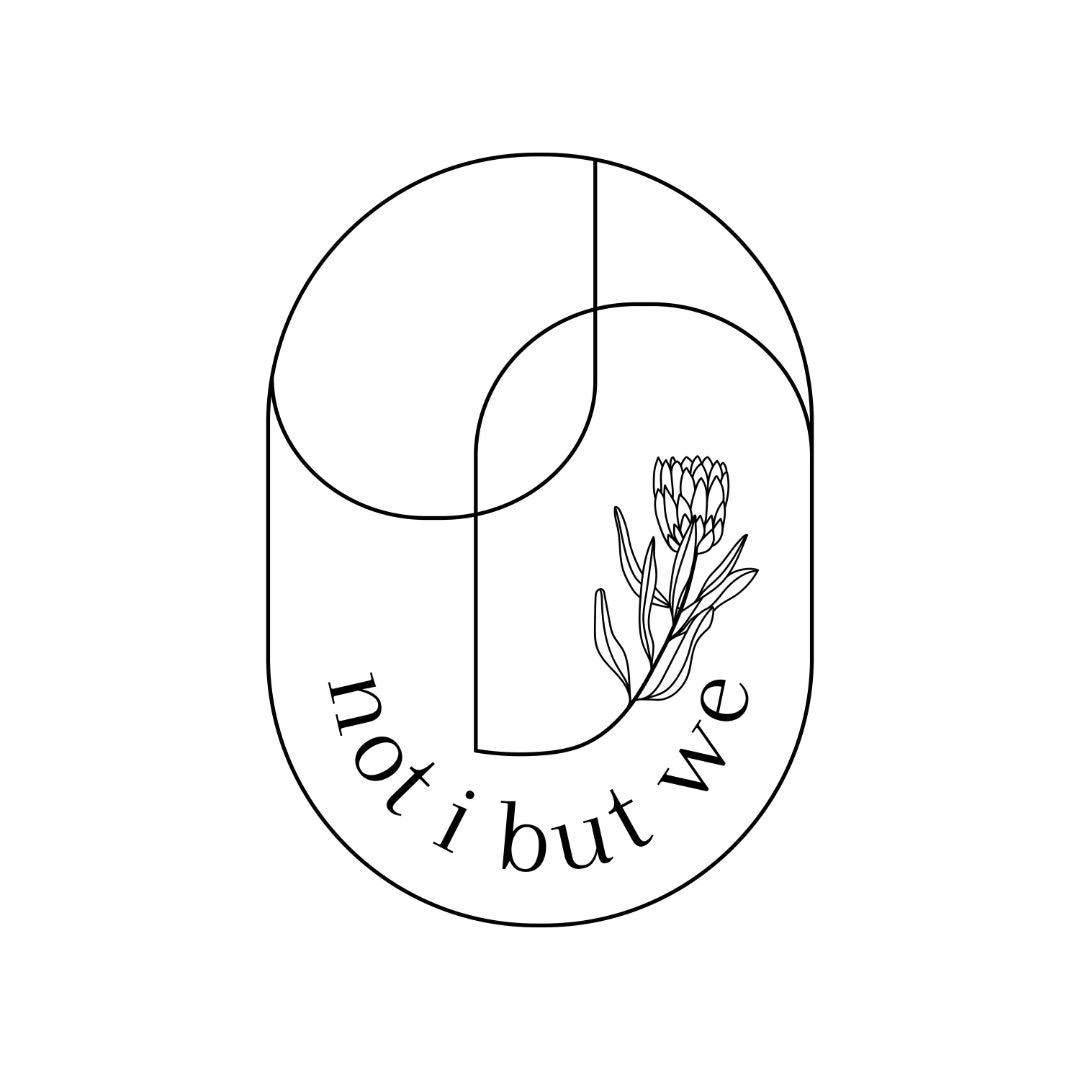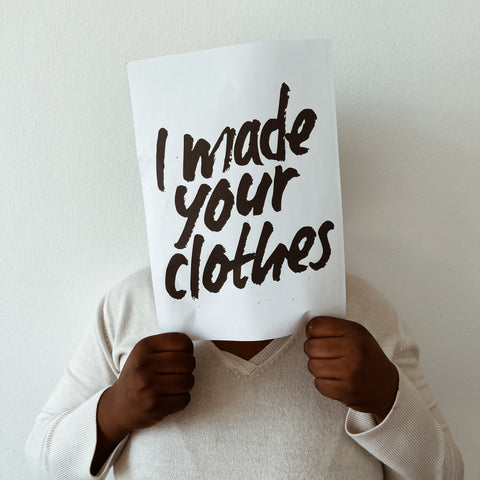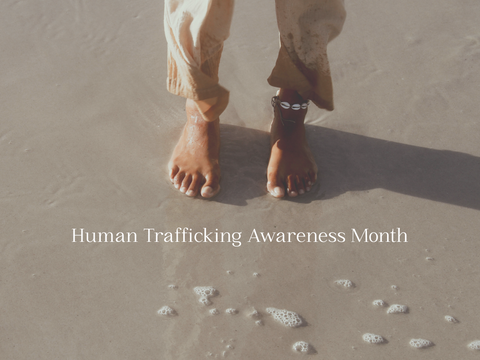The connections between exploitation and fast fashion giants
According to Good On You, Zara received a rating of "Not Good Enough" on all fronts.
While the brand is somewhat transparent they have made little to no progress on payment of a living wage across its supply chain. We will give Zara this, they are likely to publish a list of suppliers in the final stage of production, some information about the findings of their supplier audits, as well as some information about forced labour, gender equality, or freedom of association. But we agree with Good On You: For a company with such a huge profit margin, this simply isn’t good enough.

When We Know Better, We Do Better!
As Not I But We works toward creating our own capsule wardrobe pieces and everyday staples we are cognisant of all the ways fashion harms people & the planet. But we can write a different story, one where fashion becomes a powerful catalyst for change.
Together, we can craft a future where clothing not only expresses our individuality but also our collective responsibility to nurture the environment and invest in the lives of those who make our garments. With each choice we make, each piece we create, we aim to redefine fashion as a force for good, weaving threads of consciousness and compassion into every stitch of our journey.
PS: Remember there is no shame here! Knowledge is power. We can't change the world overnight, but we can take small, meaningful steps, starting with our purchasing habits.
And if you want to learn more about the negative impact of fast fashion, this blog post is for you.





Comments (3)
Really appreciate your encouragement—it keeps the creativity flowing! Suns Varsity Jacket
Thank you so much for your feedback, LeAnn! It really motivates us to continue writing similar blog posts.
Eye-opener for me. Knowing that our fellow human beings are working for such low wages so that we can have ‘fast fashion’ is revolting. I will think twice before I purchase now.